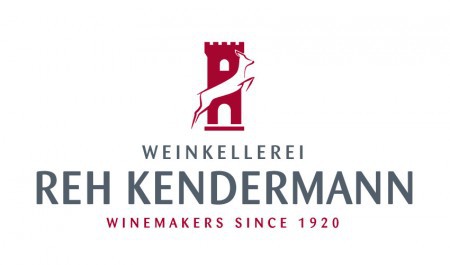An independent Scotland is bad news for Scotch whisky in short-term, says Rabobank
An independent Scotland will have a negative impact on the Scotch whisky industry in the short term, says a new report from Rabobank.
As voters prepare to go to the polls tomorrow, Rabobank's Going Scot-Free report says a yes vote would impact on the country's whisky industry by limiting access to export markets, increasing the risk from foreign exchange and interest rates, hiking taxation and input costs - in terms of barley production.
Some say that Scottish independence could boost Scotch sales, but as polls show the yes and no camps are neck and neck, Rabobank believes that Scotch whisky will face a tough road, at least initially.
If Scotland votes yes, the industry's access to EU markets would be restricted given its lack of membership to the union and loss of free trade agreements. Although such a loss would be temporary, the soonest Scotland could re-enter would be 2018. In the meantime, Scotch could see increased competition from other categories and could lose market share, as well as facing renegotiating free trade agreements in the interim.
The uncertainty over currency and whether an independent Scotland would retain sterling has dogged the yes campaigners. Whether Scotland keeps the pound, but relinquishes influence on monetary policy, joins the euro or introduces a new currency, there would be an increase in risk when it comes to foreign exchange.
On the topic of interest rates, Rabobank states: " In an industry that is built on long-term strategic decisions, with inventories being held for up to 20 years, rising interest rates can create a serious challenge." If independence goes ahead, it's expected that the country's risk will rise, as will interest rates which would male long-term planning decisions harder. The report adds: "While multinational companies like Pernod Ricard and Diageo might remain largely unaffected by a rise in Scottish risk premium, the effect on local players could be more significant."
The yes camp's plans to lower corporation tax by as much as three percentage points is good news for Scotch, but there are concerns the government would have to introduce higher taxes on whisky - one of its highest grossing sectors - in order to plug a hole in the budget after independence.
Input costs could become increasingly volatile as Scottish farmers would lose EU subsidies. The EU Common Agricultural Policy currently provides price support to barley farmers in Scotland. "It is uncertain whether Scottish farmers will be able to produce sufficient amounts of barley without this support from the EU," Rabobank states.
Take part in our poll on the Harpers.co.uk homepage on how independence could affect the drinks industry.
From a business point of view if you could vote in the Scottish Independence referendum how would you vote?





